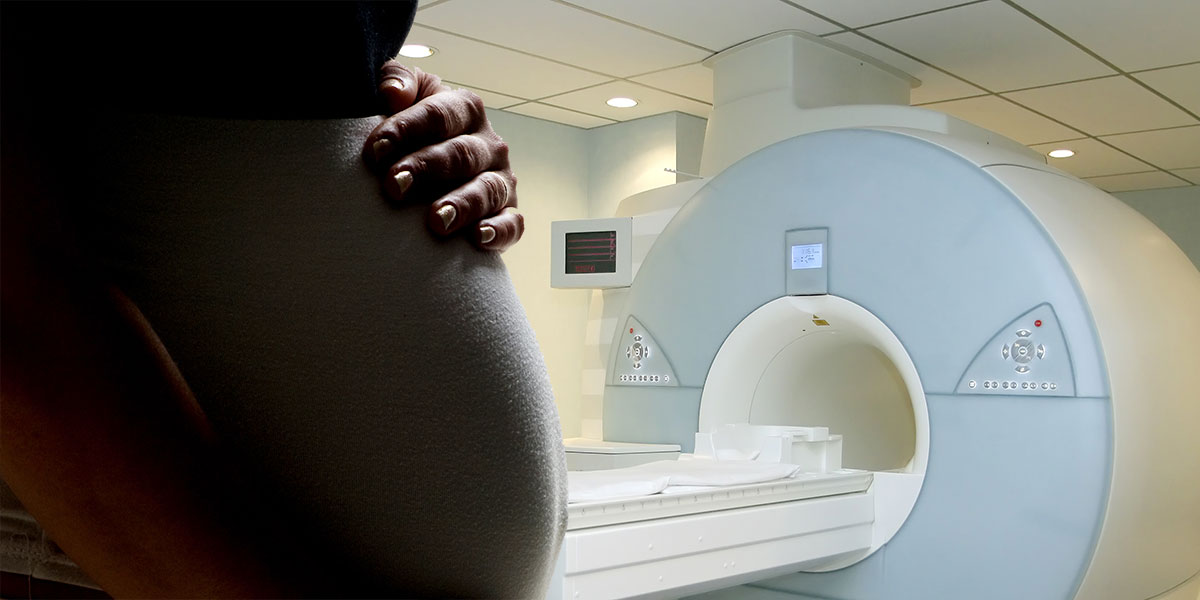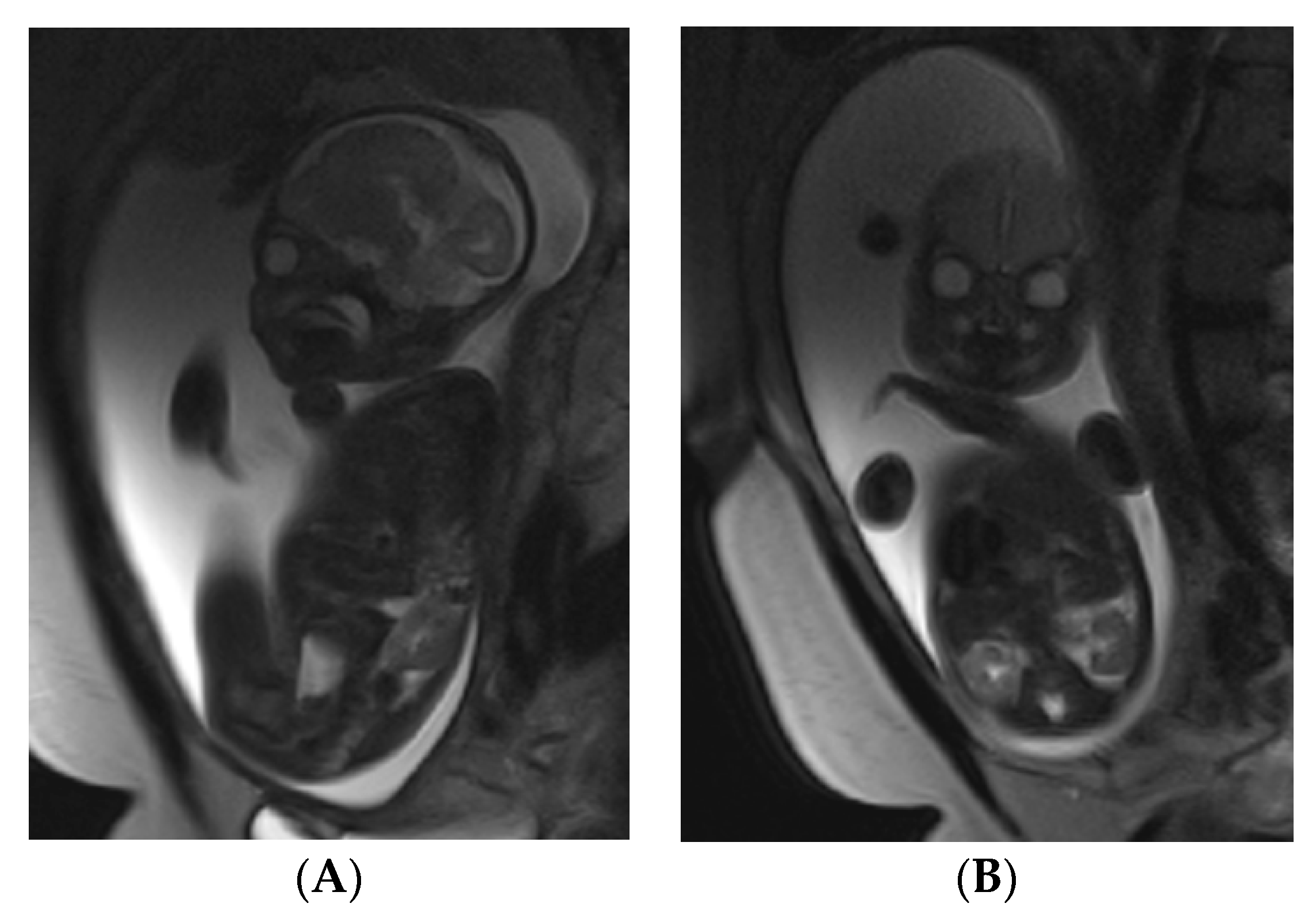Why Would You Need An Mri During Pregnancy
Why Would You Need An Mri During Pregnancy - Why do you need an mri? An mri can also create images of a pregnancy and give healthcare providers a view of the placenta (the organ that grows in the uterus during. Your doctor may order an mri if you have symptoms that require treatment or exam results that. Mri during pregnancy is generally considered safe for the fetus, especially in the second or third trimester. The main advantage of mri. If accessible in a timely manner, mri should be considered as a safer alternative to ct imaging during pregnancy in cases in which they are.
The main advantage of mri. Why do you need an mri? If accessible in a timely manner, mri should be considered as a safer alternative to ct imaging during pregnancy in cases in which they are. An mri can also create images of a pregnancy and give healthcare providers a view of the placenta (the organ that grows in the uterus during. Mri during pregnancy is generally considered safe for the fetus, especially in the second or third trimester. Your doctor may order an mri if you have symptoms that require treatment or exam results that.
An mri can also create images of a pregnancy and give healthcare providers a view of the placenta (the organ that grows in the uterus during. The main advantage of mri. Mri during pregnancy is generally considered safe for the fetus, especially in the second or third trimester. If accessible in a timely manner, mri should be considered as a safer alternative to ct imaging during pregnancy in cases in which they are. Your doctor may order an mri if you have symptoms that require treatment or exam results that. Why do you need an mri?
Mri During Pregnancy Ensures Noninvasive Evaluation Of Fetal Health
Why do you need an mri? If accessible in a timely manner, mri should be considered as a safer alternative to ct imaging during pregnancy in cases in which they are. Mri during pregnancy is generally considered safe for the fetus, especially in the second or third trimester. An mri can also create images of a pregnancy and give healthcare.
Medical Imaging While Pregnant How Safe is It?
An mri can also create images of a pregnancy and give healthcare providers a view of the placenta (the organ that grows in the uterus during. If accessible in a timely manner, mri should be considered as a safer alternative to ct imaging during pregnancy in cases in which they are. Mri during pregnancy is generally considered safe for the.
Normal Anatomy of the Fetus at MR Imaging RadioGraphics
Why do you need an mri? Mri during pregnancy is generally considered safe for the fetus, especially in the second or third trimester. An mri can also create images of a pregnancy and give healthcare providers a view of the placenta (the organ that grows in the uterus during. If accessible in a timely manner, mri should be considered as.
Are Xrays or Imaging Tests Safe During Pregnancy? • American Health
The main advantage of mri. Why do you need an mri? If accessible in a timely manner, mri should be considered as a safer alternative to ct imaging during pregnancy in cases in which they are. Your doctor may order an mri if you have symptoms that require treatment or exam results that. Mri during pregnancy is generally considered safe.
Medicina Free FullText Use of Resonance Imaging in
An mri can also create images of a pregnancy and give healthcare providers a view of the placenta (the organ that grows in the uterus during. Mri during pregnancy is generally considered safe for the fetus, especially in the second or third trimester. The main advantage of mri. Why do you need an mri? If accessible in a timely manner,.
MRI pregnancy study gives new insights into the allimportant placenta
Mri during pregnancy is generally considered safe for the fetus, especially in the second or third trimester. Why do you need an mri? If accessible in a timely manner, mri should be considered as a safer alternative to ct imaging during pregnancy in cases in which they are. Your doctor may order an mri if you have symptoms that require.
New MRI method provides detailed view of the placenta during pregnancy
Mri during pregnancy is generally considered safe for the fetus, especially in the second or third trimester. An mri can also create images of a pregnancy and give healthcare providers a view of the placenta (the organ that grows in the uterus during. If accessible in a timely manner, mri should be considered as a safer alternative to ct imaging.
MRI during pregnancy ensures noninvasive evaluation of fetal health
If accessible in a timely manner, mri should be considered as a safer alternative to ct imaging during pregnancy in cases in which they are. Mri during pregnancy is generally considered safe for the fetus, especially in the second or third trimester. The main advantage of mri. An mri can also create images of a pregnancy and give healthcare providers.
Reliability and Feasibility of LowFieldStrength Fetal MRI at 0.55 T
Why do you need an mri? Mri during pregnancy is generally considered safe for the fetus, especially in the second or third trimester. The main advantage of mri. Your doctor may order an mri if you have symptoms that require treatment or exam results that. An mri can also create images of a pregnancy and give healthcare providers a view.
Mri During Pregnancy Ensures Noninvasive Evaluation Of Fetal Health
If accessible in a timely manner, mri should be considered as a safer alternative to ct imaging during pregnancy in cases in which they are. Mri during pregnancy is generally considered safe for the fetus, especially in the second or third trimester. An mri can also create images of a pregnancy and give healthcare providers a view of the placenta.
The Main Advantage Of Mri.
If accessible in a timely manner, mri should be considered as a safer alternative to ct imaging during pregnancy in cases in which they are. Your doctor may order an mri if you have symptoms that require treatment or exam results that. An mri can also create images of a pregnancy and give healthcare providers a view of the placenta (the organ that grows in the uterus during. Mri during pregnancy is generally considered safe for the fetus, especially in the second or third trimester.









